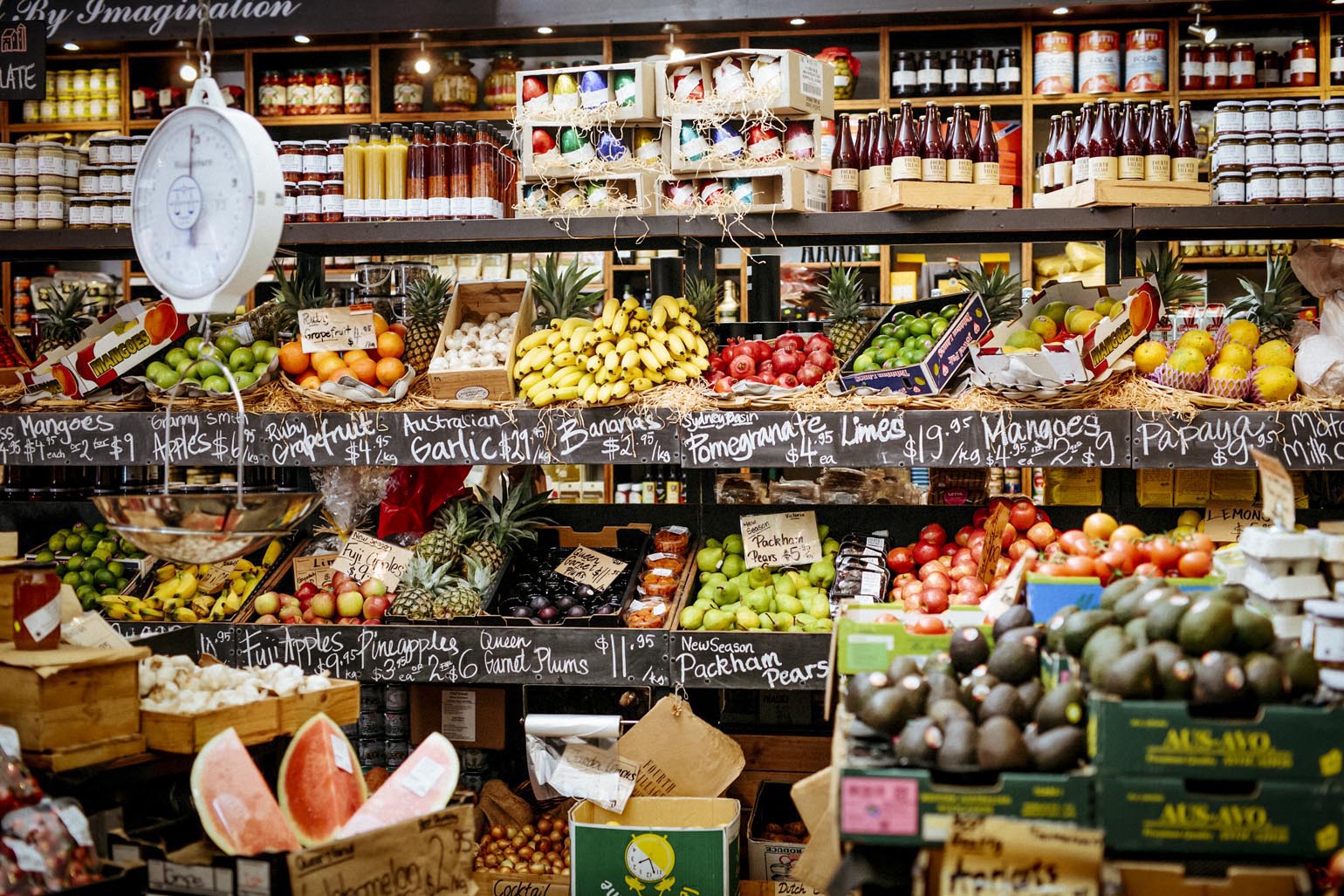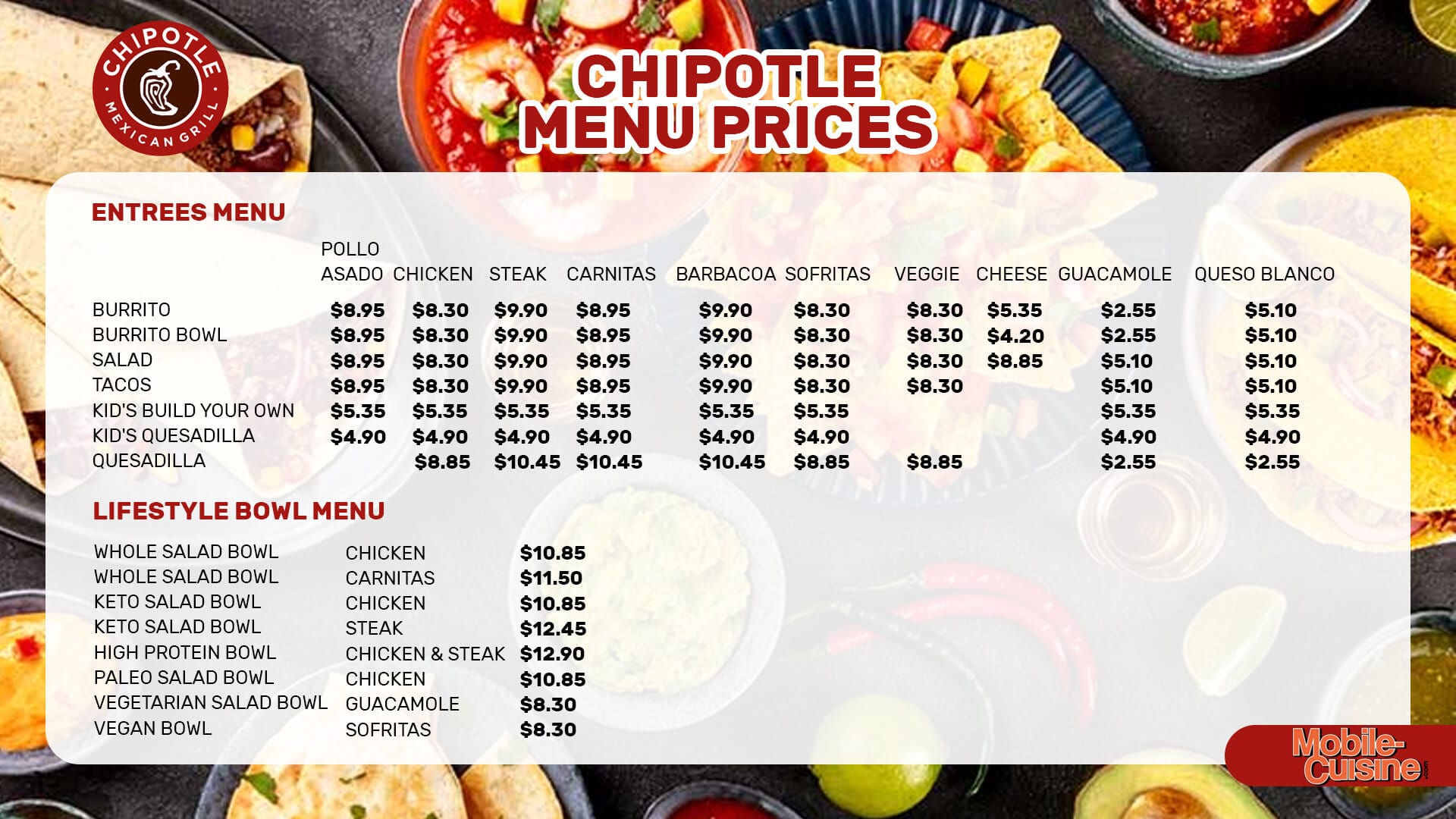In a surprise move, Albertsons Companies, the parent company of Albertsons, Safeway, and other grocery store chains, has announced that it is terminating its merger agreement with Kroger Co., the nation’s largest supermarket chain. The decision comes after months of negotiations and regulatory reviews, and marks a significant setback for the proposed deal.
The merger, which was announced in October 2022, would have created a grocery giant with over 5,000 stores across the United States, and would have rivaled Walmart in terms of scale and market share. However, the deal faced significant regulatory hurdles, including scrutiny from the Federal Trade Commission (FTC) and opposition from consumer advocates and labor unions.
In a statement, Albertsons said that it had decided to terminate the merger agreement due to the uncertainty and regulatory challenges surrounding the deal. The company cited the FTC’s decision to seek an injunction to block the merger, as well as the opposition from several state attorneys general, as key factors in its decision.
The merger had faced opposition from various quarters, including consumer advocates who argued that it would lead to higher prices and reduced competition in the grocery market. Labor unions, including the United Food and Commercial Workers (UFCW), had also opposed the deal, citing concerns about job losses and the impact on workers.
The termination of the merger agreement is a significant blow to both Albertsons and Kroger, which had invested significant resources and time in pursuing the deal. The companies had argued that the merger would create efficiencies and cost savings, which would be passed on to consumers in the form of lower prices. However, critics had disputed these claims, arguing that the deal would ultimately lead to higher prices and reduced competition.
The decision to terminate the merger agreement is also likely to have implications for the broader grocery industry, which is facing significant challenges in the form of changing consumer habits and intense competition from online retailers such as Amazon. The industry is likely to continue to evolve and consolidate in the coming years, with companies seeking to adapt to changing market conditions and consumer preferences.
In the short term, the termination of the merger agreement is likely to have significant implications for Albertsons and Kroger, which will need to regroup and reassess their strategies in light of the failed deal. The companies will need to focus on improving their operational efficiency and competitiveness, and may need to explore alternative partnerships or acquisitions to drive growth and expansion.



